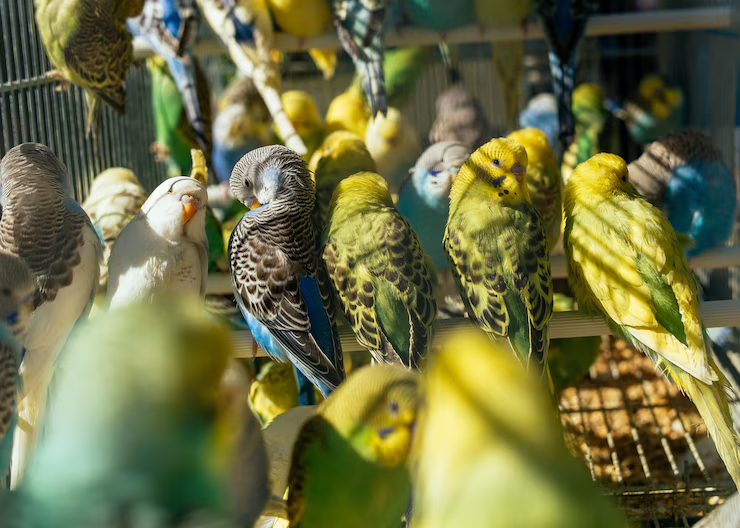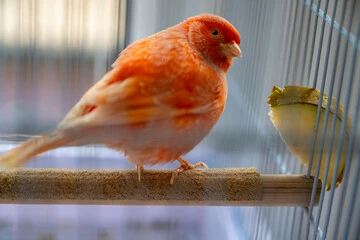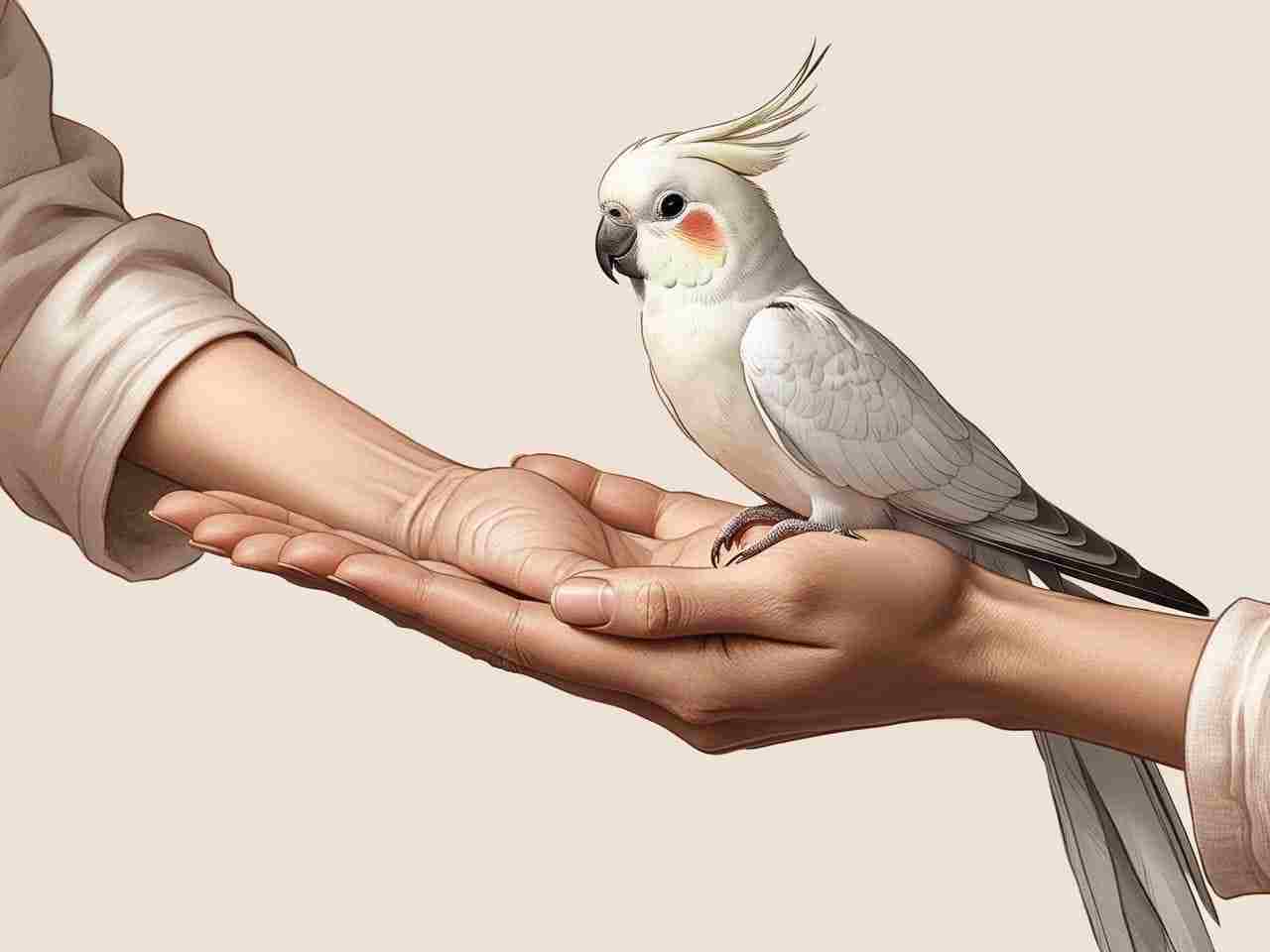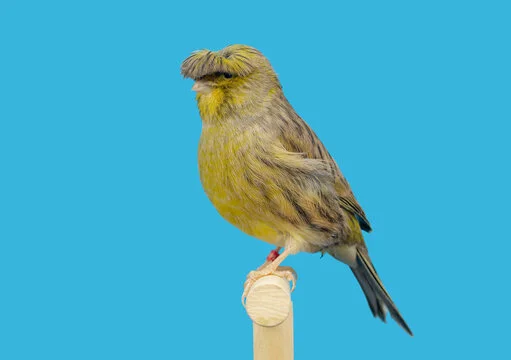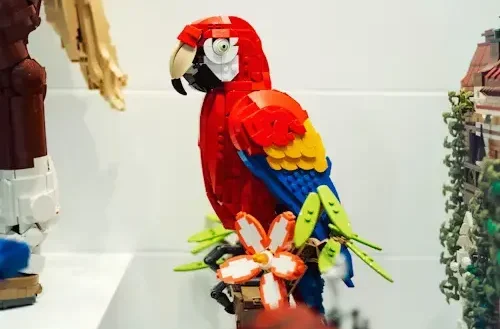Parrot Life Age: How to Ensure Unforgettable Lifespans
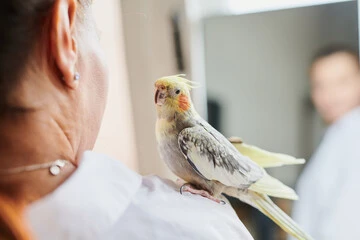
When you bring a parrot into your home, you’re not just getting a pet—you’re gaining a companion that could be with you for decades. The parrot life age is astonishingly long compared to most other pets. From tiny budgies to majestic macaws, these intelligent birds can live anywhere from 10 years to well over 50, depending on species, diet, and care.
But what does this mean for you as a parrot owner? Are you prepared for the long-term commitment? In this guide, we’ll explore parrot longevity, life stages, and how to ensure your feathered friend thrives for years to come.
Table of Contents
How Long Do Parrots Live? Key Factors Affecting Lifespan
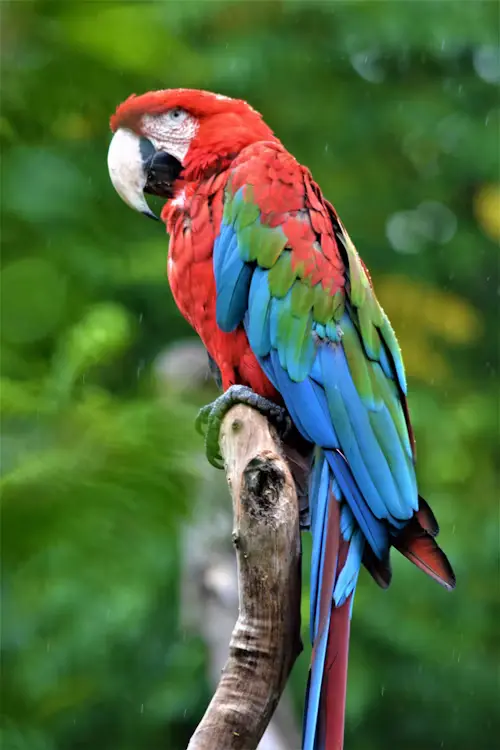
Parrot life age varies dramatically by species, but one thing is certain: with the right care, they can outlive many other pets. Here’s a breakdown of key influences:
Species-Specific Lifespans
Different parrot species have vastly different life expectancies. Smaller birds, like budgies and cockatiels, typically live between 5–15 years, while larger parrots, such as African Greys and Macaws, can reach 50–80 years or more in captivity.
Here’s a quick comparison:
| Parrot Species | Average Lifespan (Captivity) | Recorded Longevity |
|---|---|---|
| Budgie (Parakeet) | 5–15 years | 29 years |
| Cockatiel | 10–20 years | 36 years |
| African Grey | 40–60 years | 80+ years |
| Macaw | 50–70 years | 100+ years (in rare cases) |
| Amazon Parrot | 30–50 years | 70+ years |
(Source: PetMD)
Factors That Influence Longevity
- Diet & Nutrition – A balanced diet (pellets, fresh fruits, veggies, and seeds in moderation) is crucial.
- Veterinary Care – Regular check-ups prevent illnesses.
- Mental Stimulation – Parrots need engagement; boredom can lead to health issues.
- Environment – Safe, clean, and spacious cages are a must.
Key Ways to Help Your Parrot Live Longer
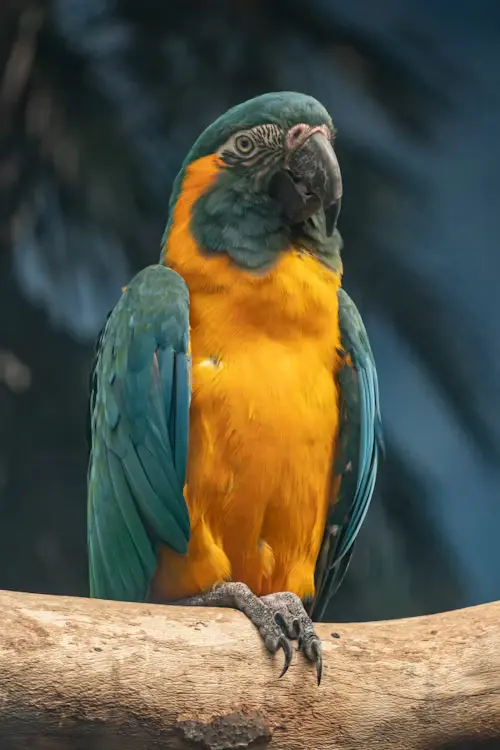
- Prioritize a Nutritious Diet
Feed your parrot a balanced, species-appropriate diet centered on fortified pellets, fresh vegetables, a variety of fruits, and limited seeds or nuts. Avoid high-fat, high-sugar, and salty foods, as well as toxic items like chocolate, avocado, caffeine, and alcohol. - Provide Daily Mental and Physical Stimulation
Parrots need plenty of interaction, enrichment toys, and time outside the cage for exercise. Rotate toys regularly, introduce puzzles and foraging items, and prioritize daily social interaction or training sessions to prevent boredom and destructive behaviors. - Maintain High Standards of Hygiene and Environmental Care
Ensure your parrot’s cage is spacious, clean, and placed in a well-lit, safe location. Change food, water, and cage liners daily. Protect your bird from drafts, toxins (like cleaning sprays or nonstick cookware fumes), and predators. - Regular Veterinary Check-ups
Annual (sometimes more frequent) visits to an avian vet help detect early signs of illness. Parrots often hide symptoms until a disease has advanced, so proactive checkups are vital. - Encourage Exercise and Flight
Allow supervised out-of-cage time for flying or climbing, if possible. Movement is essential for physical and mental health, helping to prevent obesity and depression. - Consider Sunlight Exposure
Safe access to natural light helps your parrot’s vitamin D levels and overall mood. Use UV lamps if proper sunlight isn’t available outdoors.
Major Risks That Shorten Parrot life age
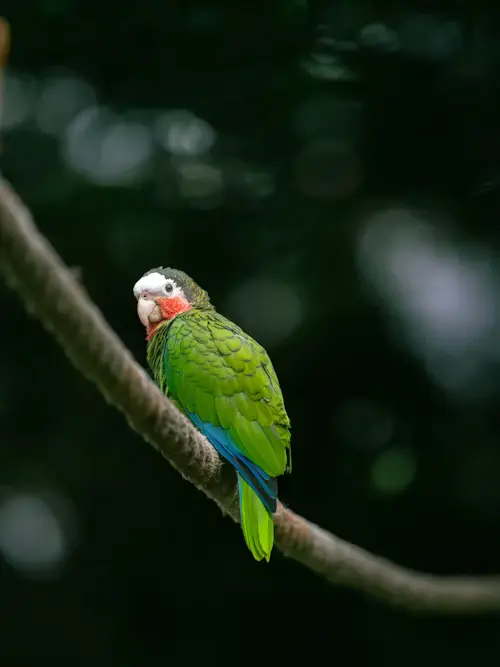
Conclusion: Commit to a Lifetime of Care
A long-lived, healthy parrot isn’t a matter of luck—it’s the result of intentional, daily commitment. Offer your parrot the best: a balanced diet, regular enrichment, proper veterinary care, and a safe, engaging home. Avoid common mistakes and hazards, and you’ll share decades of color, song, and companionship with your feathered friend.
By understanding their unique needs and eliminating risks early, you give your parrot the greatest chance for a joyful, extended life.

